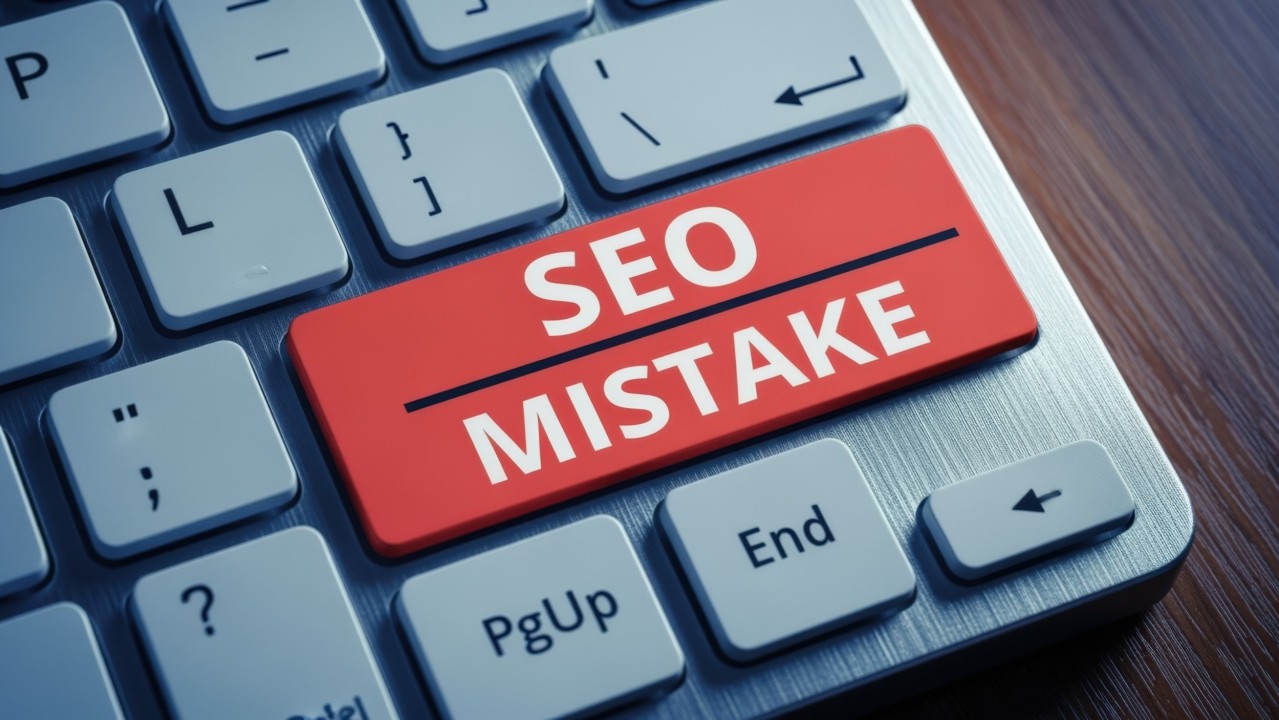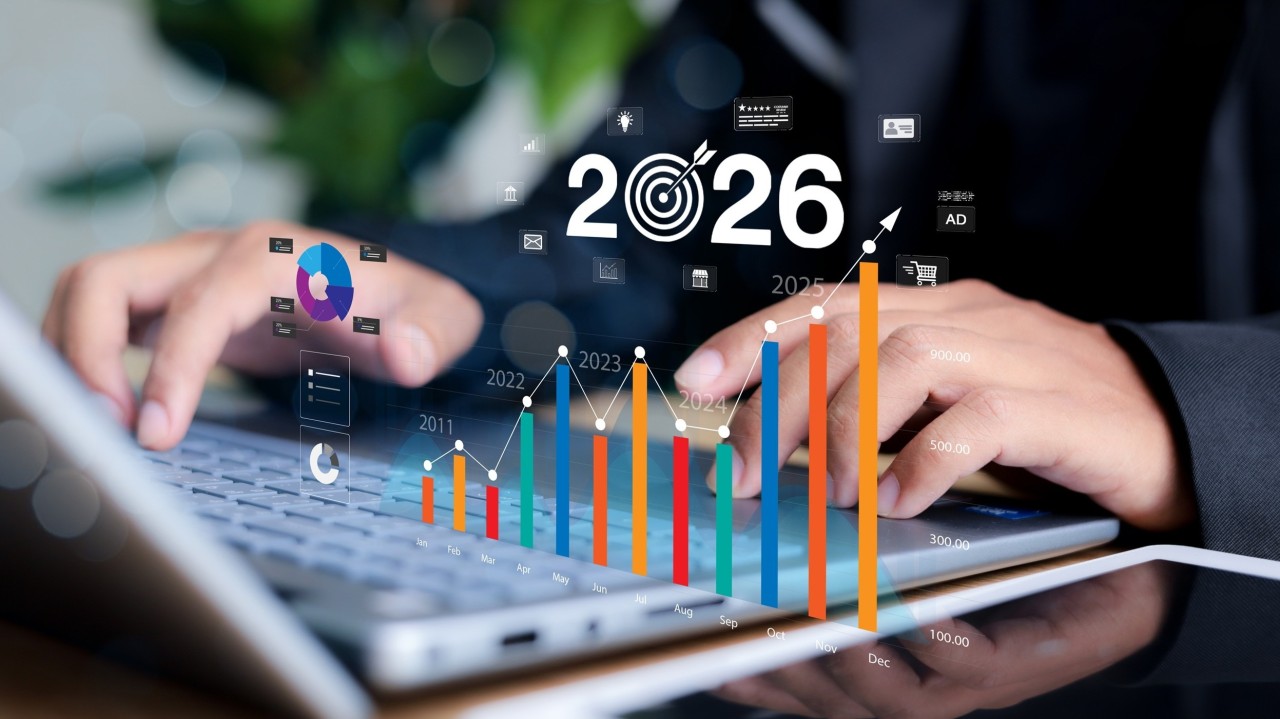News
The Impact of Machine Learning on SEO: What Marketers Need to Know
In the ever-evolving landscape of digital marketing, staying ahead of the curve is paramount for marketers aiming to maintain a competitive edge. One of the most transformative technologies shaping the future of digital marketing is machine learning (ML).
As a subset of artificial intelligence (AI), machine learning has profound implications for search engine optimisation (SEO), fundamentally altering how search engines operate and how marketers strategise to achieve visibility and engagement.
Machine learning’s integration into SEO is not just a trend but a significant shift in the digital marketing paradigm. For marketers in the UK and beyond, understanding and leveraging this technology is essential. This article delves into the impact of machine learning on SEO, exploring its implications, benefits, and strategies marketers need to adopt to thrive in this new era.
Understanding Machine Learning in SEO
Machine learning involves algorithms that allow systems to learn and improve from experience without being explicitly programmed. In the context of SEO, machine learning is primarily utilised by search engines like Google to enhance their algorithms for better search results. The most notable example is Google’s RankBrain, an AI-based system introduced in 2015, which helps process search queries and deliver more relevant results.
RankBrain is part of Google’s Hummingbird algorithm and uses machine learning to understand the intent behind search queries better, even if the query is complex or ambiguous. This ability to learn and adapt means search engines are becoming more sophisticated in understanding natural language, user behaviour, and the contextual relevance of content.
The Evolution of Search Algorithms
Search engines have come a long way from relying solely on keyword matching and backlinks to determine the relevance of a webpage. Machine learning algorithms now consider a multitude of factors, including user intent, search context, and the overall user experience.
- Semantic Search and User Intent: Machine learning enables search engines to move beyond exact keyword matching. Algorithms can now understand synonyms, related terms, and the context in which words are used. This semantic search capability allows search engines to deliver results that better match the user’s intent rather than just the keywords they type. For example, if someone searches for “best ways to train a dog,” machine learning helps understand that the user is looking for articles on dog training techniques rather than just sites that mention those words.
- Voice Search and Natural Language Processing (NLP): With the rise of voice-activated devices like Google Home and Amazon Alexa, voice search has become increasingly popular. Machine learning and NLP enable search engines to process and understand spoken language, which is often more conversational and context-driven than typed queries. According to a 2021 survey by Ofcom, 27% of UK households own a smart speaker, indicating a growing trend towards voice search. This shift necessitates a change in SEO strategies to optimise for voice search, focusing on natural language and long-tail keywords.
- Personalisation and User Behaviour: Machine learning allows search engines to personalise search results based on individual user behaviour, location, and preferences. This personalisation means two users searching for the same term might see different results based on their past interactions, making SEO a more complex and targeted endeavour.
Implications for SEO Strategies
The integration of machine learning into search engine algorithms has significant implications for SEO strategies. Marketers need to adapt to these changes to maintain and improve their search rankings. Here are some key considerations:
- Quality Content is Paramount: Machine learning algorithms are adept at recognising high-quality content. This means content that is informative, well-researched, and engaging will perform better. Marketers should focus on creating content that provides genuine value to users rather than trying to manipulate search rankings through keyword stuffing or other outdated tactics.
- User Experience (UX) Matters: Search engines are placing increasing importance on user experience. Factors such as page load speed, mobile-friendliness, and site navigation are critical. Machine learning algorithms can assess these factors and rank sites accordingly. Ensuring a seamless, enjoyable user experience is essential for maintaining good search rankings.
- Optimise for Voice Search: As mentioned, the rise of voice search requires marketers to rethink their keyword strategies. Optimising for voice search involves focusing on natural language and conversational phrases. Marketers should also consider the local aspect of voice search, as many voice queries are location-specific (e.g., “best coffee shop near me”).
- Structured Data and Schema Markup: Using structured data and schema markup helps search engines understand the content of a webpage better. This is particularly important for machine learning algorithms that rely on structured data to deliver rich results, such as featured snippets. Implementing schema markup can enhance the visibility and click-through rate (CTR) of a website.
- Focus on User Intent: Understanding and addressing user intent is crucial. This involves researching what users are genuinely looking for when they enter a query and creating content that meets those needs. Tools like Google’s Search Console and keyword research tools can provide insights into user intent, helping marketers tailor their content accordingly.
The Role of Data in Machine Learning and SEO
Data is the lifeblood of machine learning. The more data algorithms have, the better they can learn and make accurate predictions. For SEO, this means leveraging data to inform strategies and optimise performance. Here are some ways data plays a role:
- Analytics and Insights: Using analytics tools such as Google Analytics and Search Console, marketers can gather data on user behaviour, search performance, and website metrics. This data provides valuable insights into what is working and what needs improvement.
- A/B Testing: Machine learning can be used to automate and analyse A/B testing, allowing marketers to experiment with different SEO strategies and determine what yields the best results. By continuously testing and refining approaches, marketers can optimise their efforts based on real-time data.
- Predictive Analysis: Machine learning algorithms can analyse historical data to predict future trends. This predictive analysis can help marketers anticipate changes in user behaviour, search trends, and the competitive landscape, allowing them to adjust their strategies proactively.
- Automated Reporting: Machine learning can automate the process of generating SEO reports, saving time and providing more accurate, comprehensive insights. Automated reporting tools can track key metrics, identify trends, and highlight areas for improvement, enabling marketers to make data-driven decisions.
The Future of SEO with Machine Learning
The integration of machine learning into SEO is still in its early stages, and its impact will only grow over time. Marketers need to stay informed about emerging trends and developments to remain competitive. Here are some future trends to watch:
- Continued Emphasis on AI and Machine Learning: As AI and machine learning technologies advance, their integration into SEO will become more sophisticated. This will include more personalised search experiences, improved understanding of user intent, and enhanced predictive capabilities.
- Visual and Video Search: Machine learning is making strides in visual and video search. Technologies like Google Lens and advancements in image and video recognition will change how users search for and interact with visual content. Marketers should consider optimising their visual and video content for search engines to capitalise on this trend.
- Enhanced Voice Search Capabilities: As voice search technology improves, it will become even more critical for SEO. Marketers will need to focus on creating content that is easily discoverable through voice search, including optimising for featured snippets and conversational keywords.
- Ethical Considerations and Transparency: With the increasing use of AI and machine learning, there will be greater scrutiny on ethical considerations and transparency. Marketers will need to be mindful of data privacy, algorithmic biases, and the ethical implications of their SEO strategies.
Machine learning is revolutionising SEO, making it more dynamic, complex, and user-centric. For marketers, this means adopting new strategies that focus on quality content, user experience, voice search optimisation, and data-driven decision-making. Staying abreast of these changes and leveraging the power of machine learning can help marketers achieve better search rankings, higher engagement, and ultimately, greater success in the digital landscape.
As machine learning continues to evolve, its impact on SEO will become even more profound. Marketers who embrace this technology and adapt to its nuances will be well-positioned to thrive in the future of digital marketing. Understanding the interplay between machine learning and SEO is not just beneficial but essential for staying competitive in the fast-paced world of digital marketing.
















The Ultimate Social Media Guide
With the ever-growing power of social media, we use the latest techniques, video, and animation software to craft eye-catching social media assets that make your brand pop. Our designers, wielding Adobe Creative tools, create distinctive animations and graphics to illuminate your brand story and highlight your products or services. Want a unique design? No problem – we also offer bespoke designs to match your brand aesthetic.